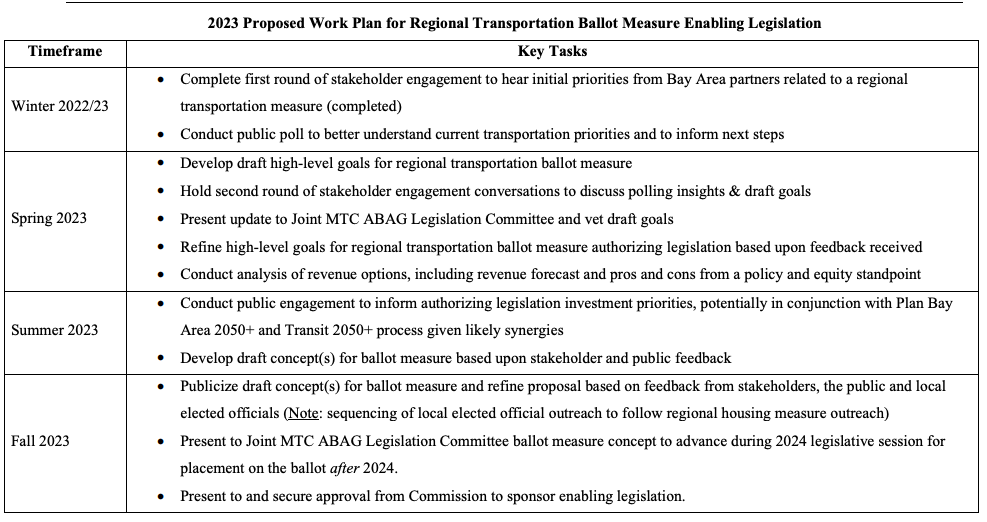Opportunity for bikeshare public funding to improve access
On Wednesday, January 11, the MTC Policy Advisory Council will receive updates about next steps on regional bikeshare, and next steps to start preparing for a regional transportation funding measure. These two items should be considered together.
In November 2021, the MTC Operations Committee had kicked off a conversation about the future of bikeshare and micromobility around the region. Reports at that meeting highlighted how bikeshare has become a substantial element of the region’s public transportation system. However, the business model focusing on subsidy-free operation has created gaps in affordability and accessibility, especially for the popular shared ebikes.
MTC staff are providing a heads up that over the next three years there will be planning for the next stages of bikeshare and micromobility after the current Bay Wheels contract expires.
According to another agenda item on January 11, the timeline for planning for next-generation bikeshare will overlap with the timeline to lay the groundwork for a regional transportation funding measure. This groundwork is being planned for 2023, for authorizing legislation in 2024, for a potential funding measure in 2026.
So, while the next generation regional bikeshare won’t start until 2028 after the current Bay Wheels contract expires, a proposal to use public funding for the system would need to be considered in the context of a regional funding measure - being considered this year in 2023.
For people who want to see bikeshare and micromobility to advance as a seamlessly integrated, publicly funded system, it will be important to raise these issues and opportunities in 2023 as part of the groundwork for a regional transportation funding measure.
Opportunities for supplementary funding in the near term
Meanwhile, while the planning for next steps after the Bay Wheels program proceeds, there are may be opportunities for funding in the near term. On Friday, December 9, 2022, the Joint MTC Planning and ABAG Administration Committee discussed the potential to provide climate funding that could provide more equitable access to bikeshare and e-bikes in the near term. At that meeting, staff member James Choe talked about a new opportunity to use funding to provide electric bikes in bikeshare programs, including parts of the region that are not currently covered by Bay Wheels, and about partnering with Community Choice Energy programs supporting equitable electric mobility.
Staff will return to the MTC Planning/ABAG Admin committee in early 2023 with program recommendations for supplementary public funding that could help improve equity and accessibility in the near term.

